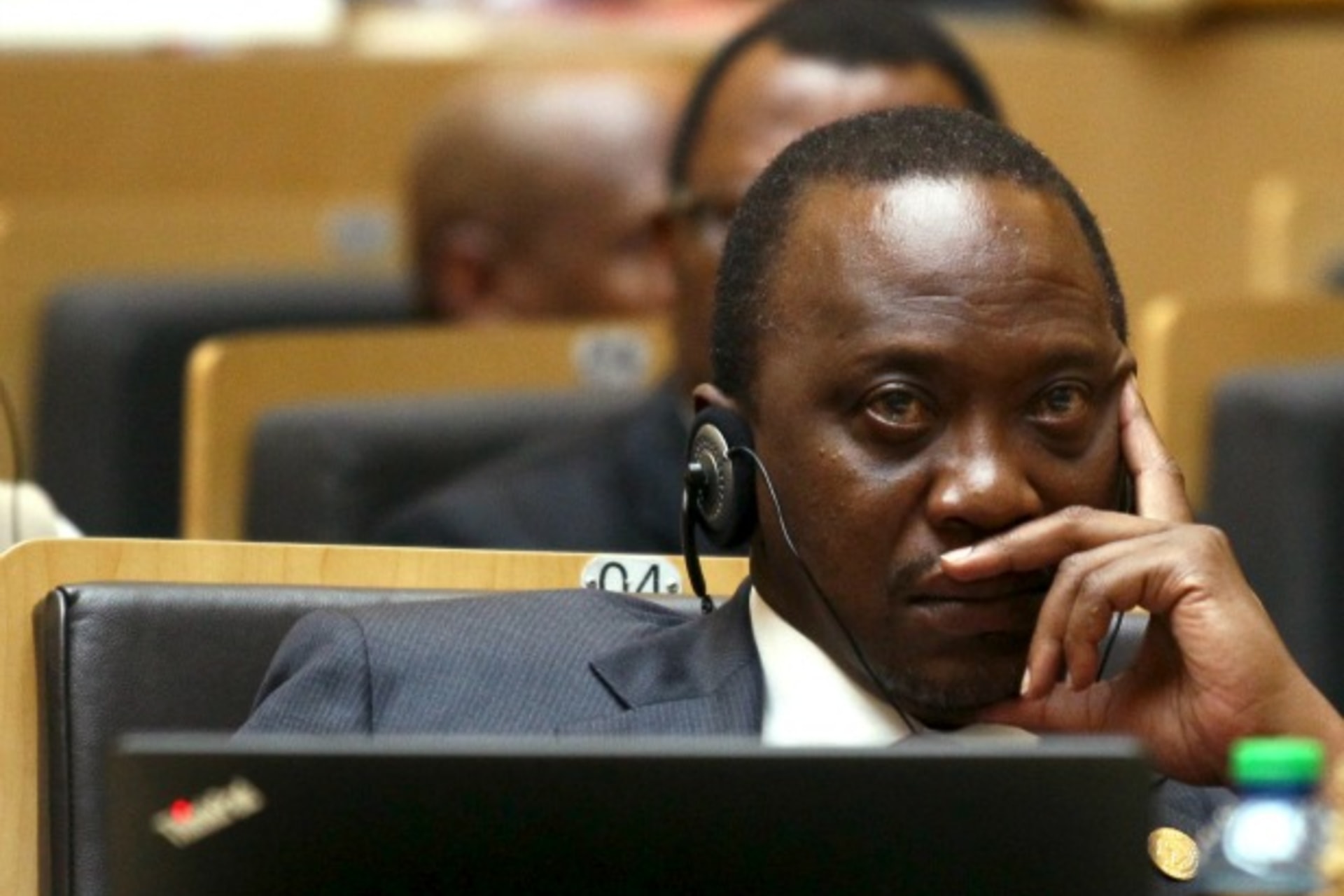AU Vote to Leave the International Criminal Court of Little Consequence

By experts and staff
- Published
By
- John CampbellRalph Bunche Senior Fellow for Africa Policy Studies
Led by Kenyan President Uhuru Kenyatta, the African Union (AU) voted by a huge margin in favor of a proposal for withdrawal from the International Criminal Court (ICC). In the aftermath of the vote, President Jacob Zuma reiterated his threat that South Africa would withdraw from the ICC’s jurisdiction: “Our strongly held view is that it is now impossible, under the circumstances, for South Africa to continue its participation…” The AU chairman, Chadian President Idriss Deby, repeated the regular criticism that the ICC is biased against Africa: “Elsewhere in the world, many things happen, many flagrant violations of human rights, but nobody cares.”
The current ICC trial of the former president of the Ivory Coast, Laurent Gbagbo, has raised the court’s profile. Among many African elites, there is sensitivity about how many ICC cases involve Africans. At present, there are ICC probes underway in Kenya, Ivory Coast, Libya, Sudan, Democratic Republic of Congo, Central African Republic, Uganda, and Mali. Overlooked by critics is that many ICC prosecutions have been undertaken at the request of African governments. Moreover, many Africans, especially human rights advocates, support the ICC. The Nairobi newspaper Daily Nation, summed it up in an editorial: “It is far better for member states to stay in the court and advocate reforms, rather than bolting and leaving millions on the continent unprotected by an international court which can step in when national institutions fail.”
Opposition to the ICC is led by many of Africa’s more disreputable leaders: Zimbabwe’s Robert Mugabe, Kenya’s Kenyatta, Equatorial Guinea’s Teodoro Obiang Nguema Mbasogo, and Chad’s Deby. Some African heads of state have personal axes to grind. Kenyatta was indicted by the court for allegedly directing violence in conjunction with Kenya’s 2007 elections; prosecutors eventually gave up the case, saying that the Kenyatta government not only failed to cooperate, but that there was also intimidation of witnesses. Kenyan Deputy President Willliam Ruto is still under ICC indictment. Zuma faced fierce criticism in South Africa when he failed to hand over Sudan’s Omar al-Bashir, under ICC indictment for genocide and other crimes in Darfur.
The AU vote has little practical consequence. Participation in the ICC is a matter for an individual state. South Africa’s departure from the ICC would be especially difficult, despite Zuma’s rhetoric. The founding statute of the ICC, the Treaty of Rome, has been incorporated into South African law. Withdrawal would require a vote by parliament. If Zuma were successful, the parliamentary vote would be challenged by the opposition parties in the court system, ultimately the Constitutional Court, which is independent of any administration.